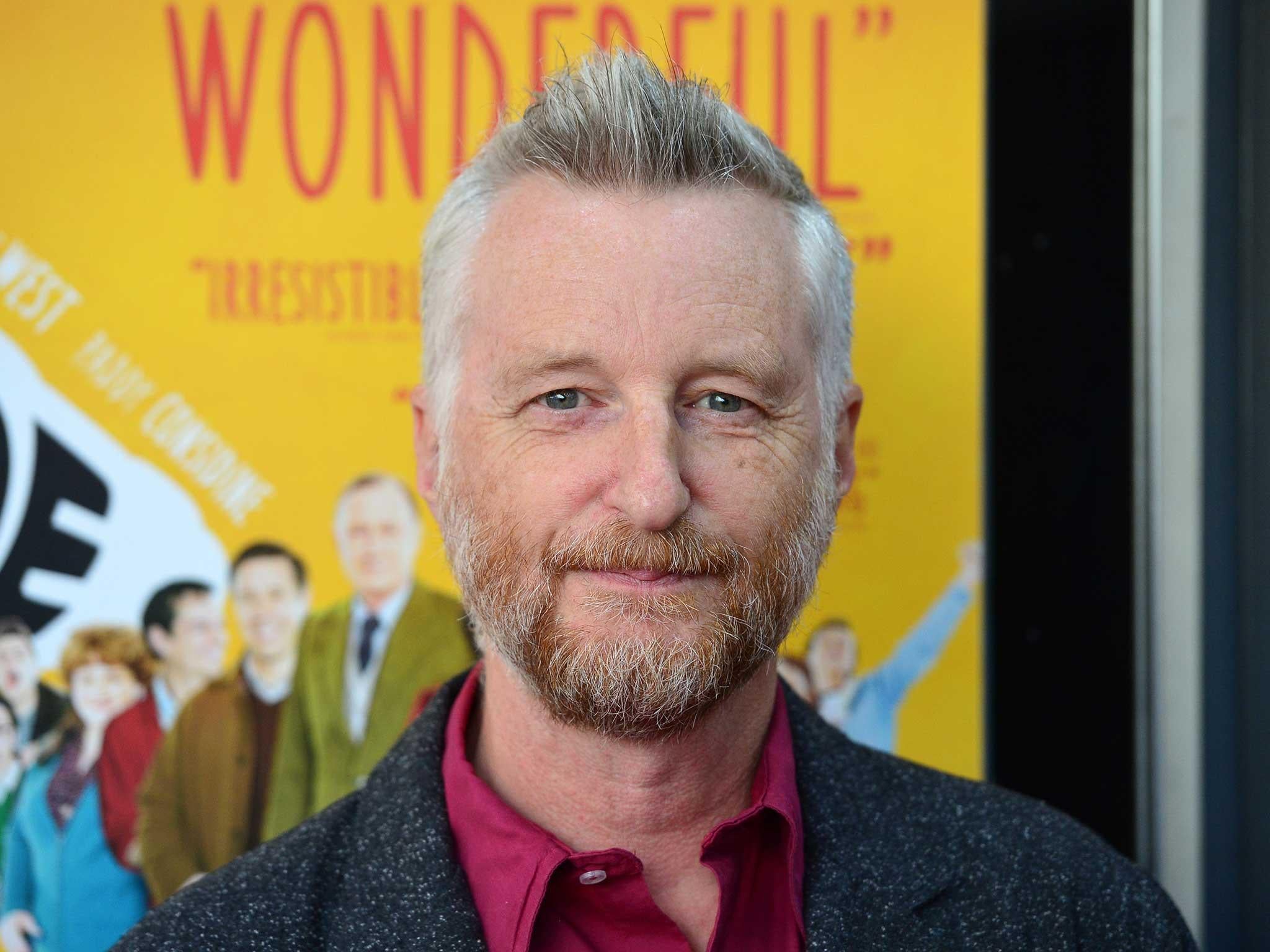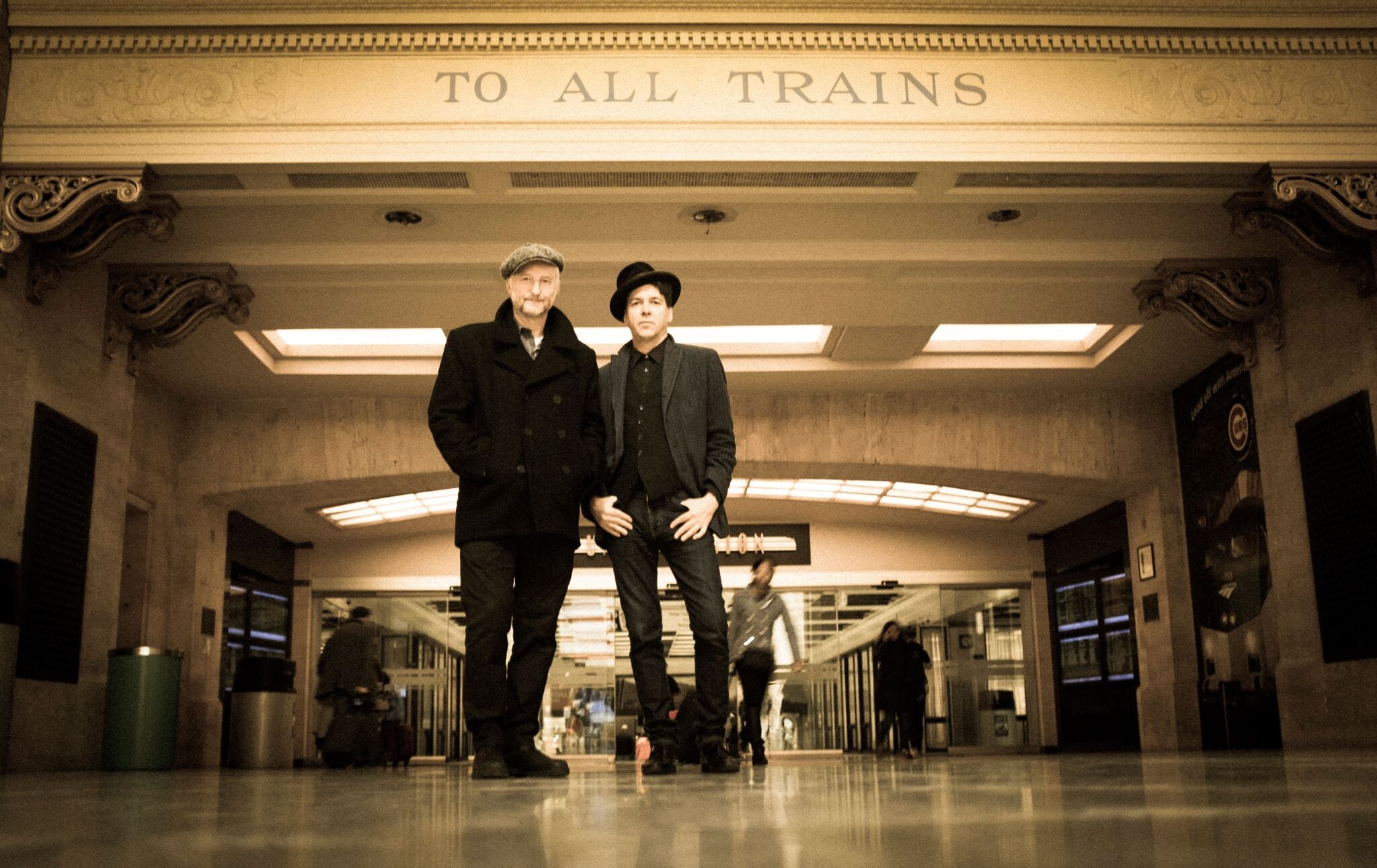Billy Bragg: ‘People look for white boys with guitars to be political, but grime artists are the ones speaking out’
Singer-songwriter, author and activist discusses his new book on skiffle, the general election, and how voters’ perceptions of Jeremy Corbyn have shifted

Billy Bragg has been “flying about like a proverbial madman”.
“Doing it, grooving it. Book out, records playing, a General Election, it just keeps coming,” he says.
We’re talking about his new book on the history of skiffle, Roots, Radicals and Rockers, which details how the guitar came to the forefront of British music and led directly to the Sixties invasion of the US charts.
Bragg came up with the idea to explore the genre while he was on holiday in Spain in 2014, watching the World Cup. After working on an annotated book of his lyrics with Faber & Faber, the publishing company’s imprint Faber Social agreed to publish this other work, which he finished – in between producing his album on songs of the Great American Railroad – around the end of last year.

“The train journeys album kind of came out of the book, from researching the source material for the skifflers… there were a lot of train songs in there,” Bragg explains, joking that American singer-songwriter Joe Henry, with whom he recorded the album, had to spend “a lot of time sitting in railway departments listening to Lonnie Donegan”.
He theorises that skiffle has been somewhat neglected in music history because it was “very much a juvenile thing” for many rock and roll artists.
“Van Morrison was 12, George Harrison was 14… I wouldn’t want you to see the songs I wrote when I was 14, although I can remember them,” he says.
“I think they felt it was something they did before they became rock and rollers. Plus Lonnie Donegan just isn’t as glamorous as Elvis and Buddy Holly.
“But it’s not as if skiffle’s disappeared,” he adds. “It still has a resonance in our culture. The spirit of DIY music doesn’t really go away – and skiffle was the first music that British teenagers made for themselves. It spread like wildfire in the same way that punk did.”
Sounding reasonably positive about the General Election, he cites the number of people who registered to vote. “I’m hoping the majority are young people,” he says.
Enjoy unlimited access to 100 million ad-free songs and podcasts with Amazon Music
Sign up now for a 30-day free trial
Enjoy unlimited access to 100 million ad-free songs and podcasts with Amazon Music
Sign up now for a 30-day free trial
And unlike certain other artists of his generation, he doesn’t patronise a younger generation of musicians or accuse them of failing to speak out over social and political issues.
“If you look at grime artists, they’re quite vocal, aren’t they?” he says. “People look for white boys with guitars to be political, but most music has lost its edge.
“Why have the grime artists stepped up for Corbyn? Because their music has that consciousness, which is just not there in guitar bands anymore. I don’t know why, it’s a shame… but music’s role in politics has definitely changed – it's no longer the only way for people to express themselves.”
Last year Bragg was peeved by a report in The Times that claimed he thought Corbyn was unable to reach enough of the electorate needed “to build an effective political force”, posting on Twitter that he had joined “the long list of people stitched up by the Murdoch papers”.
He says now that the recent turnaround for the Labour leader in the polls has been “the most significant development in the campaign”.
“People have come to see Corbyn as a person rather than as an image that’s been smeared by accusations from the right wing press, and I think that’s a good thing, because he’s a very genuine bloke,” he says.
“At the Libertines gig when he was talking about working class kids playing sport and music – no one else is talking about that, no one else is thinking about that or making that connection as a way of getting out a bad situation.
“We want to live in a society where everybody has the means by which to realise their full potential. And it takes a lot of work to do that.”
Bragg notes that one of the great things about skiffle is that it was the “nursery” for the British invasion of the American charts in 1964.
“The whole idea of a small island like ours being able to dominate world culture through popular music, it starts with people taking control of their own ideas, generating them themselves, not being handed them by the record industry,” he says.
“That’s what grime does, and the alternative is… Ed Sheeran. He’s out there playing guitar, singing songs, but in the old days if you had an acoustic guitar I thought you were supposed to be a protest singer. He’s not the only one, obviously, but he's at the top of the tree.”
Bragg is currently preparing to release his own protest song of sorts, inspired by the Goya etching The Sleep of Reason Produces Monsters.
“It’s a man asleep at his desk surrounded by bats and creatures of the night. Last year it was something that seemed to sum up 2016 to me,” he says.
“Trump, Brexit, the whole experience of that year except for Leicester City (they don’t get mentioned in the song), trying to make sense of what happened last year.
He continues: “The death of all those great artists as well, it’s all in there. I wrote it in January around the time of the inauguration. That’s how I deal with the things that trouble me.
“I write songs about them and people applaud and I don’t feel so bad about it.
“That’s how music helps you, it makes you feel that you’re not alone, not the only person that gives a s*** about this stuff. And that’s an important thing these days.”
Roots, Radicals and Rockers: How Skiffle Changed the World is available now. Billy Bragg recently took part on the Summer of Love: Revisited series at the Royal Albert Hall
Join our commenting forum
Join thought-provoking conversations, follow other Independent readers and see their replies
Comments